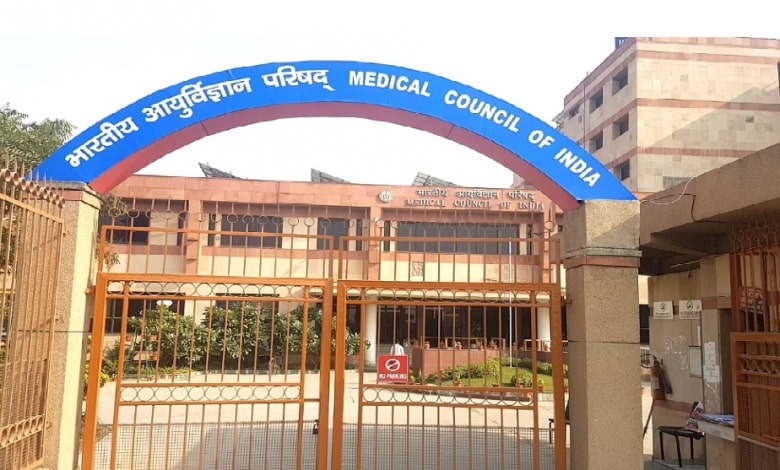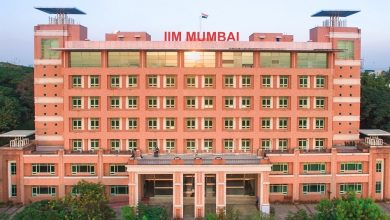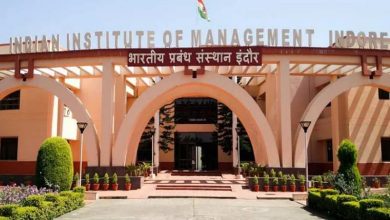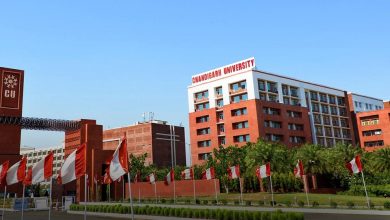NMC Approved 100 Seats for New Medical College in Odisha’s Keonjhar District
The college which will be promotional soon will promote medical education in the tribal regions, the official further added.

According to an official, the National Medical Commission approved 100 MBBS seats for the new Government Medical College in Odisha’s Keonjhar district. The college which will be promotional soon will promote medical education in the tribal regions, the official further added.
On Tuesday, NMC wrote a letter to the college dean, informing that the Medical Assessment and Rating Board has approved 100 seats for the health institute, which will function under the aegis of Maharaja Sriram Chandra Bhanja Deo University, Baripada.
This is the second health institute in the state to get approval from the NMC in the past few days, with Sundargarh Medical College having received one last week.
Medical Colleges in Odisha:
| College | Location |
| All India Institute of Medical Sciences, (AIIMS) | Bhubaneshwar |
| SCB Medical College | Cuttack |
| Maharaja Krushna Chandra Gajapati Medical Coll. and Hospital | Brahmapur, Ganjam |
| Veer Surendra Sai Institute of Medical Sciences and Research | Burla |
| SLN Medical Coll. and Hospital | Koraput |
| Swami Vivekanand National Institute of Rehabilitation Training and Research | Cuttack |
| Government Medical Coll. and Hospital | Balasore |
| Pandit Raghunath Murmu Medical Coll. and Hospital | Baripada |
| Government Medical College and Hospital | Balangir |
| SCB Dental College and Hospital | Cuttack |
About NMC:
The National Medical Commission (NMC) has been constituted by an act of Parliament known as National Medical Commission Act, 2019 which came into force on 25.9.2020 by gazette notification dated 24.9.2020. The Board of Governors in supersession of Medical Council of India constituted under section 3A of the Indian Medical Council Act, 1956 stands dissolved thereafter.
Mission and Vision of NMC:
The Aim of the National Medical Commission are to
(i) improve access to quality and affordable medical education,
(ii) ensure availability of adequate and high quality medical professionals in all parts of the country;
(iii) promote equitable and universal healthcare that encourages community health perspective and makes services of medical professionals accessible to all the citizens;
(iv) encourages medical professionals to adopt latest medical research in their work and to contribute to research;
(v) objectively assess medical institutions periodically in a transparent manner;
(vi) maintain a medical register for India;
(vi) enforce high ethical standards in all aspects of medical services;
(vii) have an effective grievance redressal mechanism.
Also Read: ‘Factories of Education’ Devaluing Human Resources: N V Ramana, Chief Justice of India.
(With PTI inputs)





